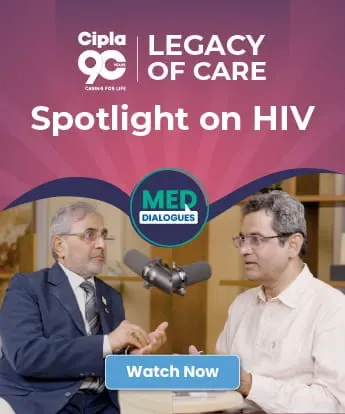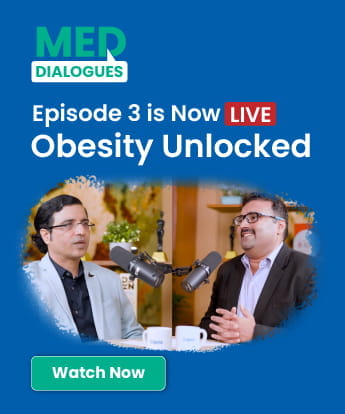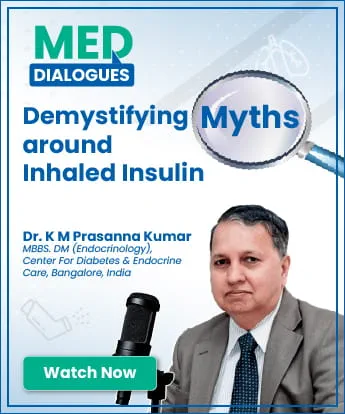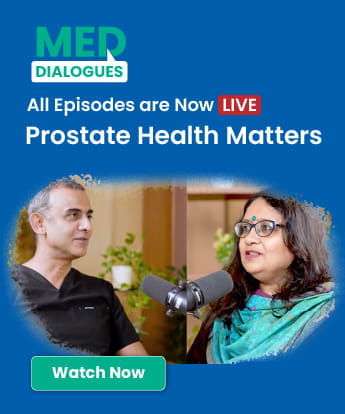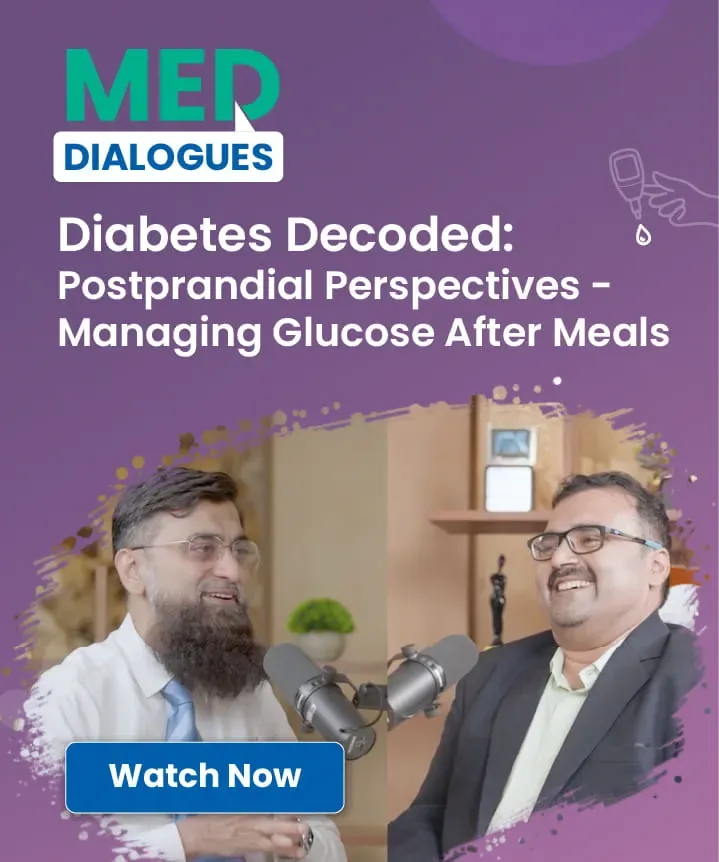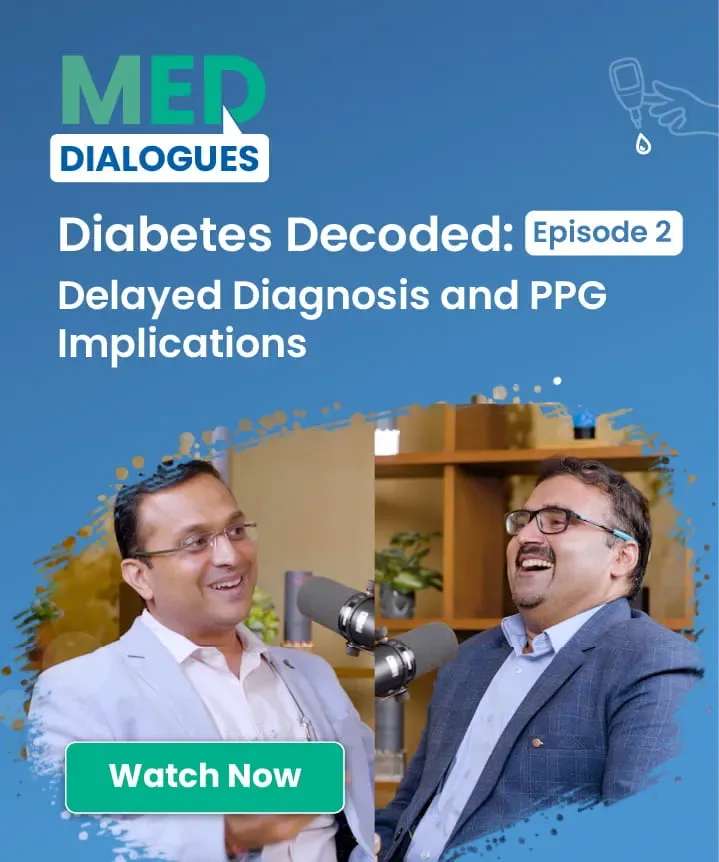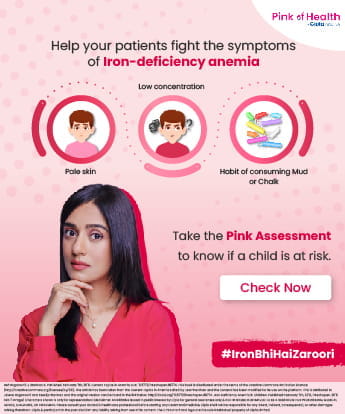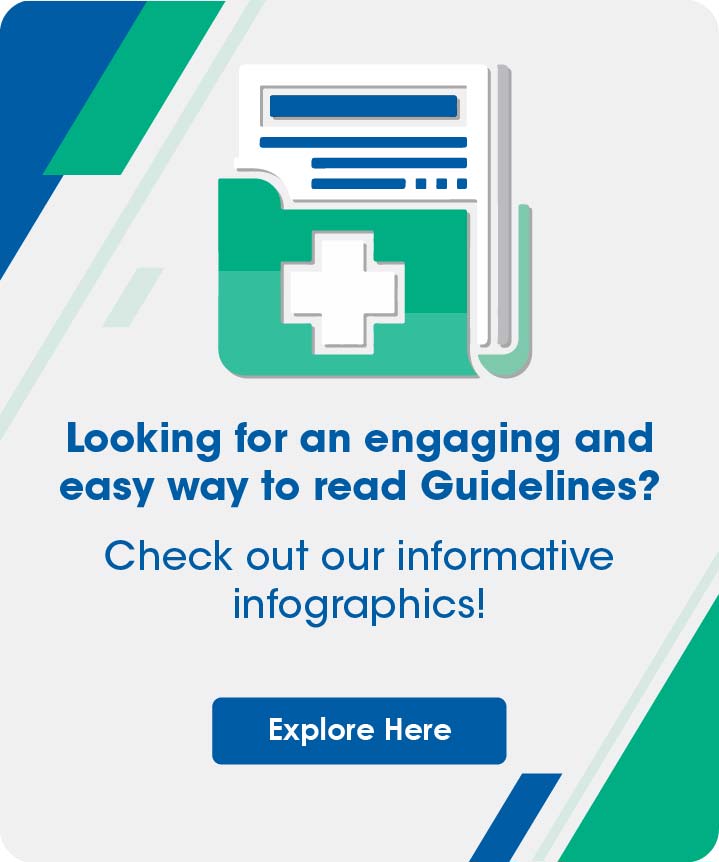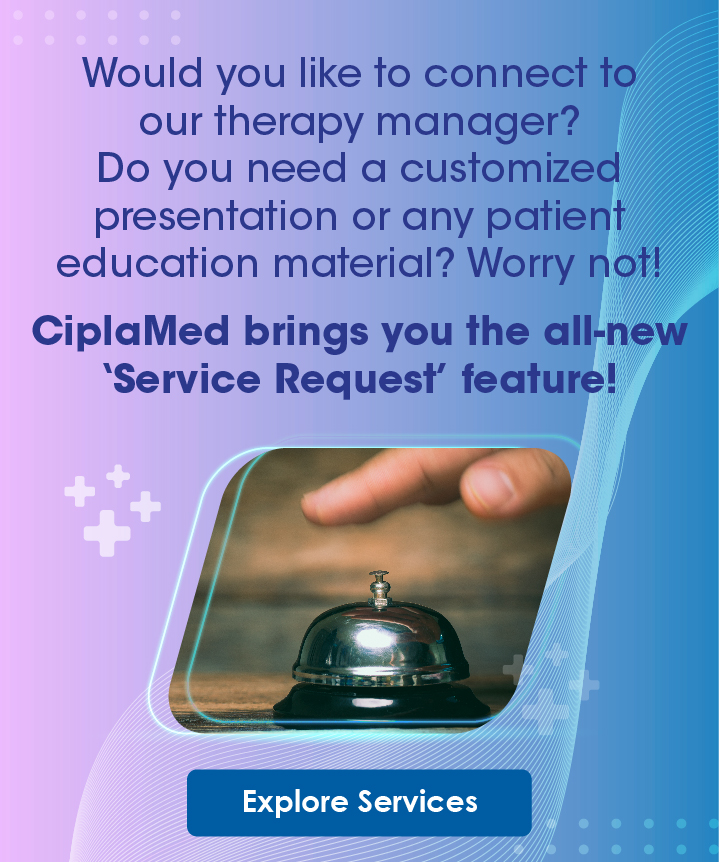Hey there! Welcome!
Get updated on
Select Speciality
Top Picks
3 Feb, 26
This IDSA guideline outlines evidence‑based empiric and definitive antibiotic selection for complicated UTI, emphasizing severity‑based therapy, resistance risk assessment, patient‑specific factors, and stewardship‑driven narrowing once cultures return.
3 Feb, 26
18 Feb, 26 Oral Dis.
Oral Dis.
- Systematic review (n=983 cases; 968 oral surgery) assessed bleeding risk in dental interventions with platelet counts <50,000/μL
- Post-op bleeding occurred in 65 cases (12.9% vs 4.9% for ≥50,000/μL; RR 2.95; p<0.0001), including 1 life-threatening event
- Low platelets increase bleeding risk but are not absolute contraindication; individualized assessment is essential.
18 Feb, 26 Diabetes Metab Syndr...
Diabetes Metab Syndr...
- The umbrella review of 20 systematic reviews (675 studies) found high prevalence of cardiometabolic & renal long-term conditions in T2DM patients
- Cardiovascular disease pooled prevalence ranged from 13.0% to 46.0% & HF up to 25.0, nephropathy pooled prevalence ranged from 4.2% to 38.0% & CKD 18.2% to 35.5%
- Rates were higher in males & LMICs, targeted management may address the comorbidities effectively.
17 Feb, 26 Diabetes Metab Syndr...
Diabetes Metab Syndr...
- Systematic review/meta-analysis of 15 studies (12 outcomes) on alpha-lipoic acid (ALA) in diabetic polyneuropathy was conducted
- ALA 600 mg/day improved TSS paresthesia (SMD = −1.04; p<0.00001), numbness (SMD = −0.23; p=0.04) & HPAL (SMD = −1.00; p<0.00001)
- No effect on HbA1c, NO, sural SNAP, peroneal MNCV
- ALA is a safe adjunct for symptom relief but its impact on nerve conduction/glycemic control is inconclusive.
13 Feb, 26 N Engl J Med
N Engl J Med
- Streptococcus agalactiae bacteraemia was common in elderly men, especially in the skin and soft tissue & reported a high 30 day mortality rate (9%)
- Time to blood culture positivity (TTP) was shorter in infective endocarditis (IE, 7.5 h vs 9.1 h, p=0.005) but did not differ between survivors & nonsurvivors
- The study suggested a potential role of TTP in identifying patients at IE risk in S. agalactiae bacteraemia.
In this webcast, the speakers have discussed the FOT Essentials and Basics, Interpretation Secrets and Advanced applications, different adult & pediatric case studies presented during the session and how Oscillometry revolutionized the diagnosis.
Featured
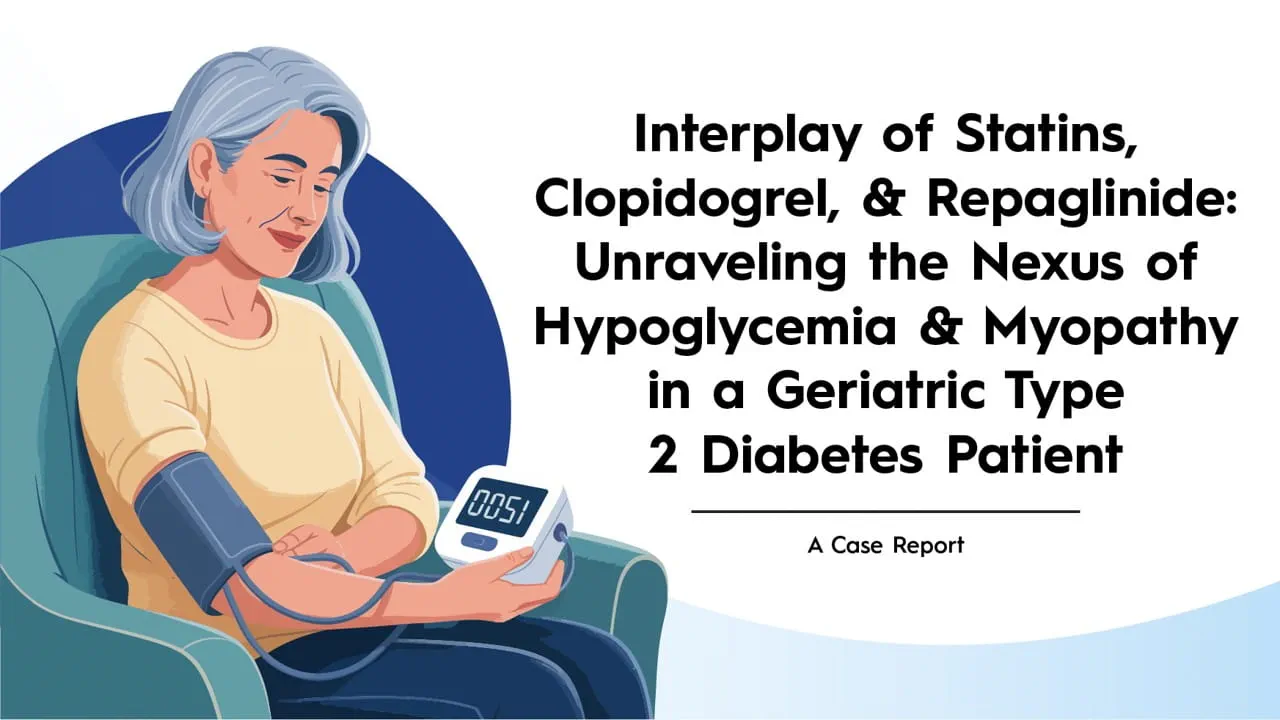
19 Feb, 26
Slide Library
19 Feb, 26
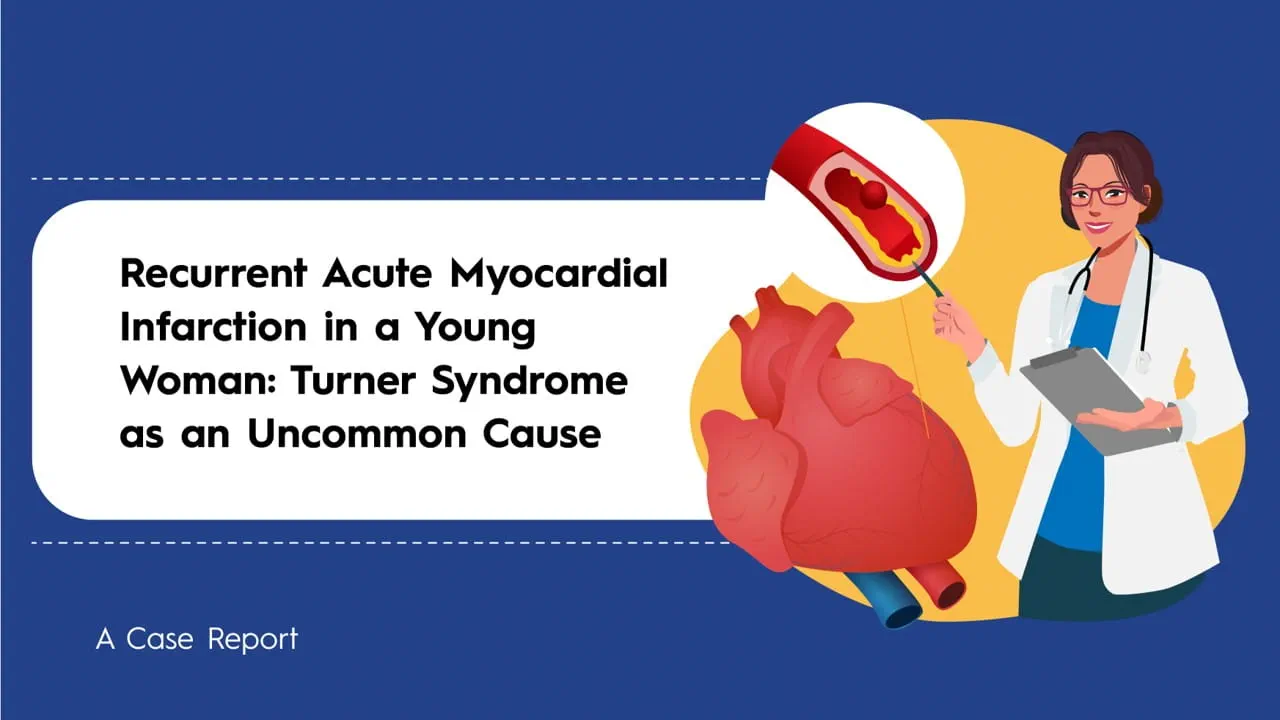
19 Feb, 26

17 Feb, 26



